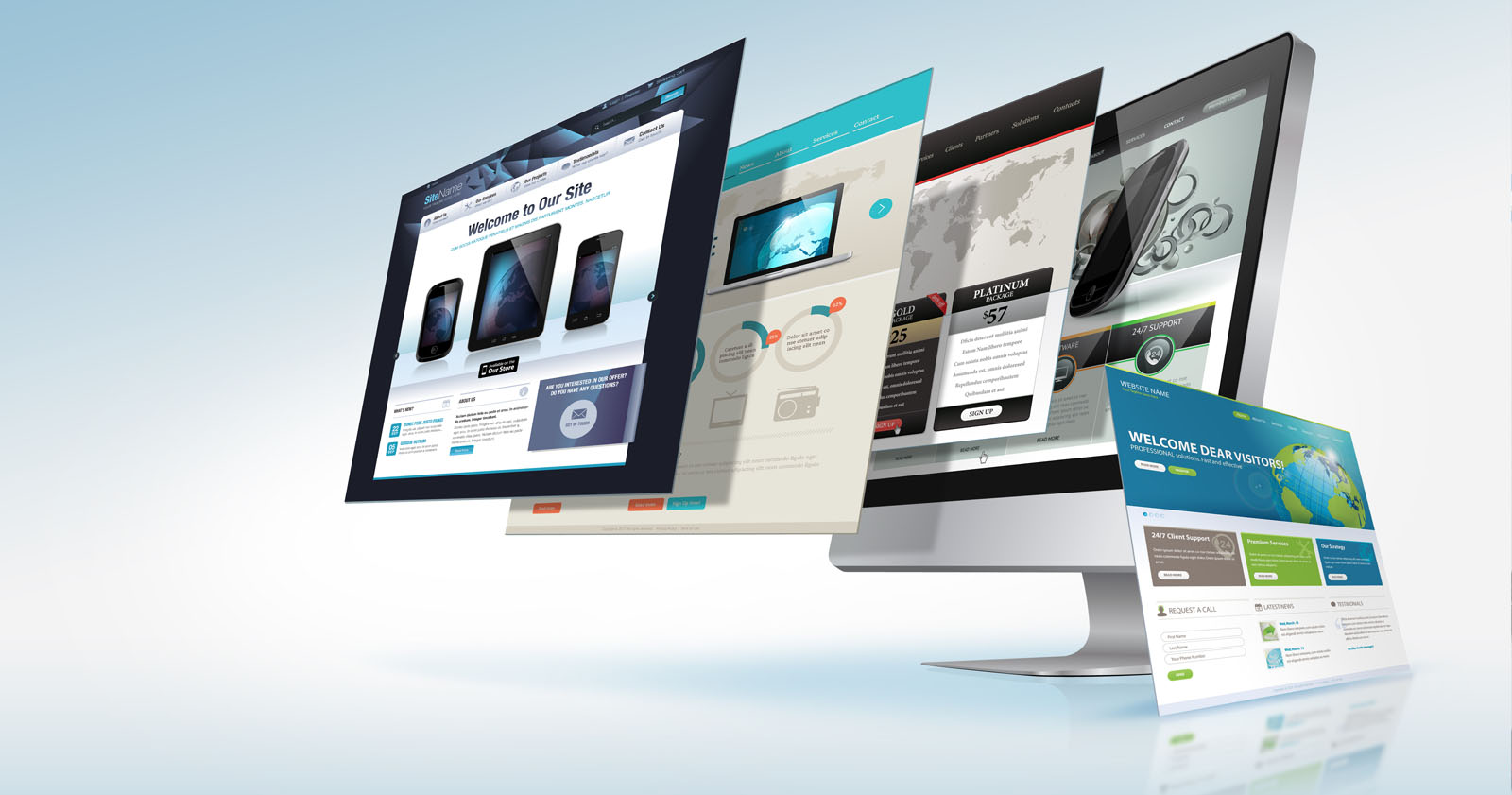In the rapidly expanding world of e-commerce, standing out from the competition has become increasingly challenging. However, Shopify websites offer several distinctive features that help them remain ahead of the curve. From customization to scalability, security, and performance, Shopify provides all the necessary tools to succeed in today’s competitive digital marketplace.
Below, we’ll explore in-depth the key factors that make Shopify-powered e-commerce stores stand out from their competitors.
1. Seamless User Experience and Customization
One of the most compelling aspects of a Shopify e-commerce website is the seamless user experience it delivers. A smooth, intuitive interface not only encourages visitors to browse but also helps convert them into loyal customers. Shopify’s easy-to-use drag-and-drop builder allows merchants to craft a fully customized store without needing any coding expertise.
Moreover, Shopify offers a wide range of themes—both free and premium—that businesses can choose from to reflect their brand’s identity. Merchants can tailor these themes with ease, ensuring a unique and professional storefront that leaves a lasting impression on visitors. This level of customization provides an edge over other platforms that may have limited design flexibility, making Shopify stores stand out significantly.
Custom Themes and Apps
In addition to Shopify’s themes, merchants can access over 6,000 apps from the Shopify App Store. These apps allow businesses to integrate third-party tools seamlessly, such as CRM systems, marketing automation, SEO tools, and analytics. The ability to customize not only the storefront but also the back-end operations empowers merchants to fine-tune their stores for specific business needs.
2. Exceptional Scalability and Flexibility
As e-commerce businesses grow, their platform must grow with them. Shopify offers unmatched scalability, making it an ideal choice for businesses of any size—from startups to large enterprises.
Whether you’re a small business or a multinational brand, Shopify has tiered pricing plans that align with your growth. The flexibility of moving from basic plans to more advanced solutions—such as Shopify Plus for high-volume merchants—enables seamless growth without having to switch platforms. This level of scalability is what distinguishes Shopify from many other e-commerce platforms that may struggle to support growth or charge hefty fees for advanced services.
Shopify Plus for Enterprises
For larger businesses, Shopify Plus provides an enterprise-grade solution. This advanced option is designed for high-volume merchants and allows for unlimited scalability, custom integrations, and multi-channel selling options. Shopify Plus also includes enhanced features like automated workflows and personalized customer experiences, further enabling businesses to maintain their competitive edge.
3. Robust Security Features
One of the most critical factors in e-commerce is security. Customers want to know that their sensitive information—such as payment details—is protected. Shopify provides industry-leading security measures to ensure both merchants and customers are safe from potential threats.
Shopify offers PCI DSS compliance, meaning the platform adheres to strict standards for protecting credit card information. In addition, Shopify employs SSL encryption across all storefronts, ensuring that customer data is secure during transactions. The platform’s ongoing security updates and monitoring ensure that the website remains safeguarded against the latest vulnerabilities.
This level of security gives businesses the confidence to operate in the e-commerce space while reassuring customers that they can shop safely, helping Shopify sites outshine competitors that may not offer the same level of protection.
4. Multi-Channel Integration
In today’s digital economy, consumers are shopping across a variety of platforms—from social media to mobile apps and brick-and-mortar stores. Shopify excels by offering seamless multi-channel selling, allowing merchants to sell products on platforms like Instagram, Facebook, Amazon, and eBay, all from one dashboard.
By integrating with multiple sales channels, Shopify merchants can reach a wider audience without the complexities of managing separate inventories or workflows. This cohesive multi-channel strategy enhances customer reach and engagement, a critical component for standing out in a saturated market.
Social Commerce and Shopify
Shopify’s built-in tools for social commerce—such as selling directly through Instagram and Facebook—give businesses a substantial advantage. Merchants can turn social media followers into customers, driving conversions without ever having to leave the social platform. This seamless integration reduces friction in the buyer’s journey and increases sales opportunities.
5. Powerful Marketing and SEO Tools
Visibility in search engines is crucial for driving traffic and boosting sales. Shopify offers powerful SEO tools and integrated marketing features that help merchants achieve higher rankings in search results. With built-in features like automatic sitemaps, customizable meta tags, and SEO-friendly URLs, Shopify ensures that each store is optimized for search engine success.
Moreover, Shopify supports comprehensive marketing strategies with features like email marketing, discount codes, and abandoned cart recovery. These built-in tools allow merchants to create targeted campaigns and track their effectiveness, ensuring ongoing customer engagement and higher conversion rates.
SEO-Friendly Structure
Shopify’s clean code and mobile-responsive themes contribute to faster loading times, which are vital for SEO performance. Google prioritizes websites that provide a great user experience, and having a responsive, quick-loading site can give your business an edge in ranking over slower competitors.
Additionally, Shopify’s integration with third-party SEO apps like Yoast SEO and Plug in SEO provides advanced options for optimizing product descriptions, titles, and images—boosting the website’s ranking potential even further.
6. Reliable Customer Support and Resources
E-commerce businesses require a reliable support system, and Shopify delivers just that. With 24/7 customer support, businesses can access help at any time, ensuring that technical issues or operational challenges don’t disrupt business continuity.
Additionally, Shopify provides extensive resources, including guides, tutorials, and community forums. These resources help merchants stay informed about the latest trends, tools, and strategies to keep their stores competitive. Access to dedicated Shopify experts and developers also ensures that businesses can scale their operations efficiently and overcome technical hurdles swiftly.
7. Fast and Secure Payment Options
Offering secure and varied payment options is essential for any e-commerce business. Shopify supports over 100 payment gateways globally, including Shopify Payments, which allows merchants to accept credit cards directly without third-party fees. Shopify Payments also provides built-in fraud analysis and chargeback management, ensuring merchants can focus on growing their business without worrying about payment security.
This seamless and secure payment process enhances the overall shopping experience and builds customer trust—two factors that are crucial for standing out in a competitive e-commerce market.
In conclusion, Shopify offers an unmatched combination of customization, scalability, security, and multi-channel integration. Its powerful SEO tools, seamless user experience, and reliable support ensure that e-commerce businesses can not only survive but thrive in a competitive digital landscape. By leveraging Shopify’s full suite of features, businesses can stand out from the competition and achieve long-term success.









